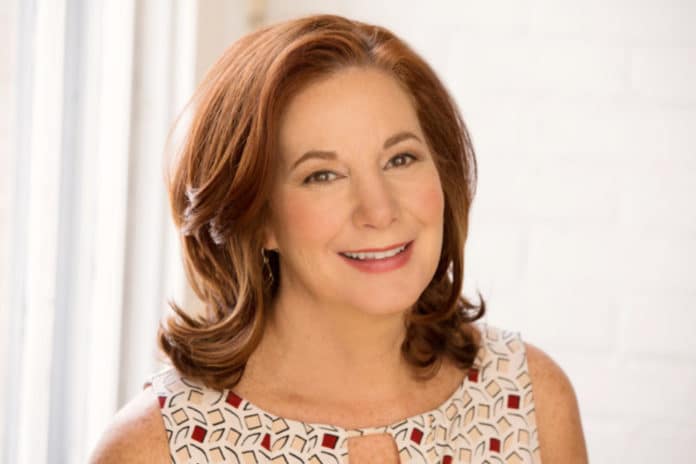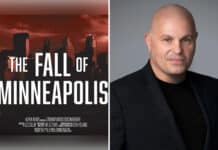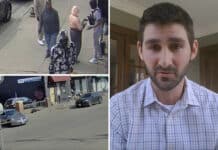We’re living in a scary time. After two years of COVID-related headlines, crime is escalating as law enforcement ranks are plummeting.
Last week’s headlines offer a bleak view of our new reality.
More than 30 murders in Minneapolis this year.
Rampant fentanyl in Duluth.
Theft and drug use on the light rail, in the skyways, on the streets.
Record-setting catalytic converter thefts in the metro, especially the suburbs.
Shootings on I-94 — in broad daylight.
Hundreds of gunshots recorded on Ring doorbells in neighborhoods where kids are trying to play, learn, and survive.
It’s been more than 40 years since I drove my VW bug from Salt Lake City to Minneapolis to begin a new chapter.
I relished the extraordinary activities the city offered — biking and rollerblading around the lakes, attending outdoor concerts, frequenting whatever bars, restaurants, and theaters I could afford on a law student’s budget.
Eventually, I moved across the river, where I enjoyed St. Paul’s more low-key charm just as much.
When it was time to start a family, we chose a suburb, which offered bigger yards but proximity to both cities.
Regardless of where I was living, I never worried about crime.
But the Minnesota I fell in love with decades ago is no more.
Nearly two years ago, our state was rocked when George Floyd took his last breath on a Minneapolis street while in the custody of Minneapolis police officers.
The incident triggered outrage and calls for reform.
Two years later, reform feels more like upheaval, where norms and expectations are being jettisoned with no clarity about what will replace them.
Law enforcement is being painted with a broad brush and it’s hardly a pretty picture.
The pendulum has swung too far.
In the past two years, the law enforcement profession has been demonized. Consequently, large numbers of cops have taken retirement or just resigned. And more will follow.
While there’s value in conducting a fair and thorough of review of their performance and their culture, we must also acknowledge the vital role cops play in a functioning society —and afford those who do it well the respect and gratitude they deserve.
We need cops so we have stability, order, and predictability.
They do the thankless work that often goes unnoticed or unrecognized.
They show up when we crash our cars, suffer heart attacks, or birth babies before we reach the hospital.
They deal with the underbelly of society — rapists, sexual predators, drug dealers, and murderers — and try to bring them to justice.
But to what end?
In some jurisdictions, when officers risk their lives and/or careers to arrest criminals, prosecutors don’t bring charges or judges don’t set bail or impose sentences with teeth.
Not surprisingly, criminals are emboldened.
They prey on citizens like you and me, often in broad daylight.
And they also target cops and their families.
As a result, when cops don their belts and vests and leave their homes, they never know if they’re saying their final farewell to their loved ones.
All of which leaves me to wonder:
Who would want the job?
Will those who enter the profession have the character and qualifications we’d hope for?
And what will our state look like if the answer is NO ONE?
As I write this in my suburban home, I’m mindful there are other mothers and grandmothers across town for whom these concerns are far more imminent and present.
I recognize they may not have the same choices I exercise regularly now — to stay away from potential danger zones to minimize the chance of being carjacked or robbed.
And they may not have a platform to share their fears, frustrations, and anger.
So, I hope I can speak for them.
Living in fear is no way to live.
We need to find a balance.
We need to ferret out the dishonorable cops and acknowledge the stellar ones.
We need to stop demonizing people who are doing the tough work few of us would take on.
We need to remind our elected officials that action — or inaction — bears consequences.
While I can’t control the criminals, the elected officials, or those who advocate for radical change, I can control my own choices about how I live.
Though I’m not particularly hopeful about the future, I’ll keep searching for solutions from others who are.


















